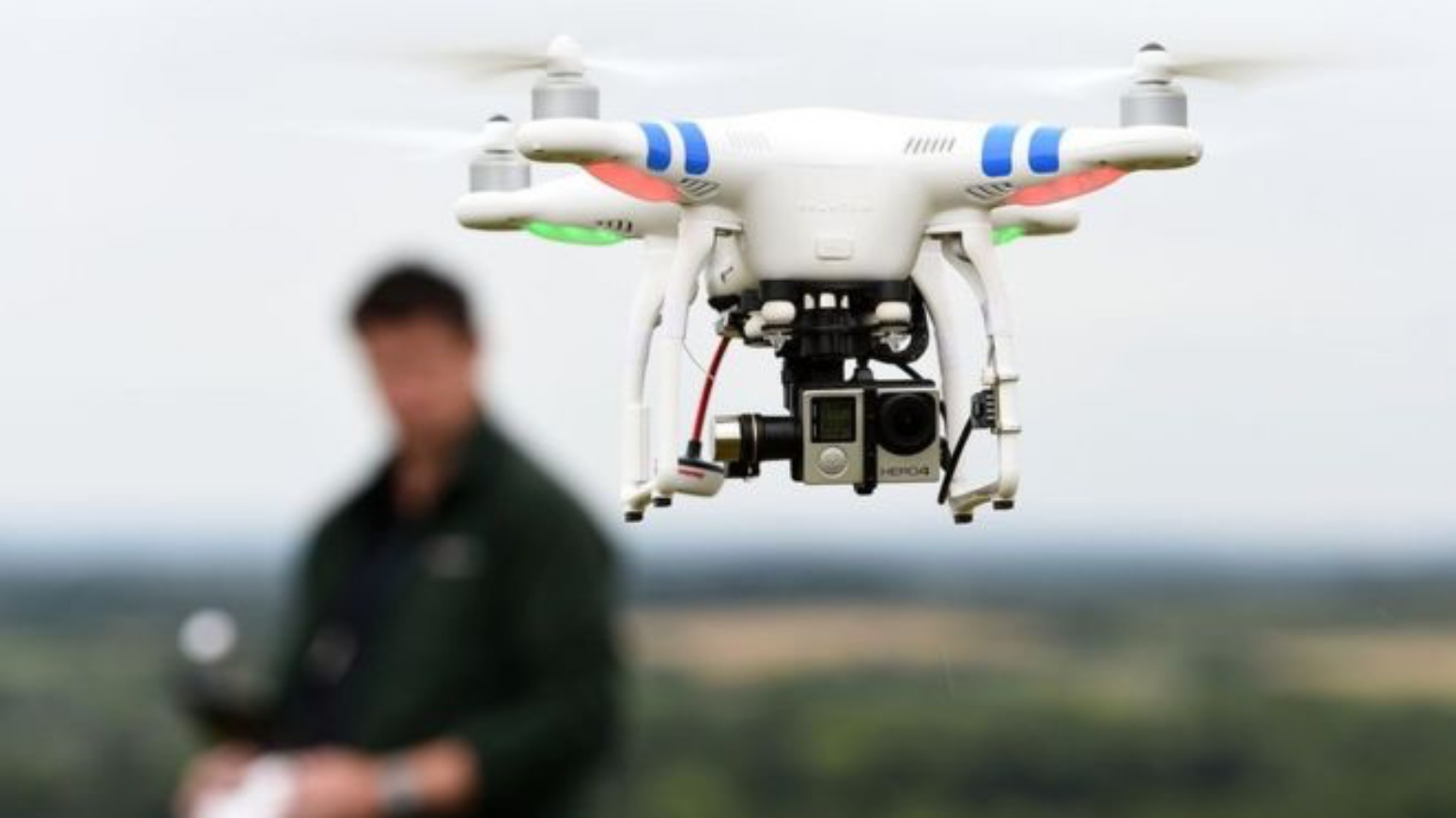
Authorities in India have authorized test use of drones for COVID-19 vaccinations as part of their response to the unprecedented surge of coronavirus across the country.
Drone response to COVID in India
Observers and drone experts cheered the move. The trials – initially conducted in Telangana state – require Visual Line of Sight (VLOS) Range limitations for authorized last-mile deliveries. However, it’s expected that those limitations and other restrictions may be loosened if initial testing proves efficient in speeding up vaccination rates.
Indeed, some reports from India stated Beyond Visual Line of Sight (BVLOS) waivers could be granted within the next two weeks. Unlike the current limitation, BVLOS would allow payloads of up to 7 kg (15.4 pounds) to be flown to locations 9 km (5.6 miles) distant.
The government announcement Friday came just hours before India became the first country to record more than 400,000 new cases in a 24-hour period. As the rate of COVID infection skyrocketed in April, India’s tally of coronavirus cases surpassed 19 million cases – second only to the US – and over 215,000 deaths. Some independent health experts suspect both figures are vastly underestimated.
The enlistment of drones in response to the crisis aims to fulfill several objectives at once. It seeks to bring required medicines – especially, but not limited to COVID vaccines – to patients’ doorsteps without third-party exposure to possible coronavirus infection. It’s also designed to extend last-mile delivery to underserved remote areas, with the option of even longer-range operations if BVLOS is permitted.
Optimism sky high
If early trials prove successful, tech investor Ankit Kumar said in a statement, the drone delivery scheme could be rapidly replicated across the nation of over a billion people.
The environment is optimistic, with the right set of people, favorable government regulations, and aerial technological advancements, drone delivery will be a game changer very soon
There are built-in brakes to eventual success, however. India’s supply of vaccines is alarmingly low. That means deliveries earmarked for remote locales will draw reserves from dense urban centers suffering the worst infection and death rates. Meanwhile, tests will need to verify that methods to keep vaccines sufficiently cold are effective in what in some cases will be withering conditions.
But Mark Martin, founder and CEO of the Martin Consultancy, has crunched the various numbers involved and believes that if early trials are passed, a drone option could go far in helping India rise to COVID’s deadly challenge. By his reckoning, 3,600 drones with 10 kg (22 pounds) payloads operating in 718 Indian districts could deliver up to 15,000 kg (33,000 pounds) of vaccines every day.
FTC: We use income earning auto affiliate links. More.




Comments